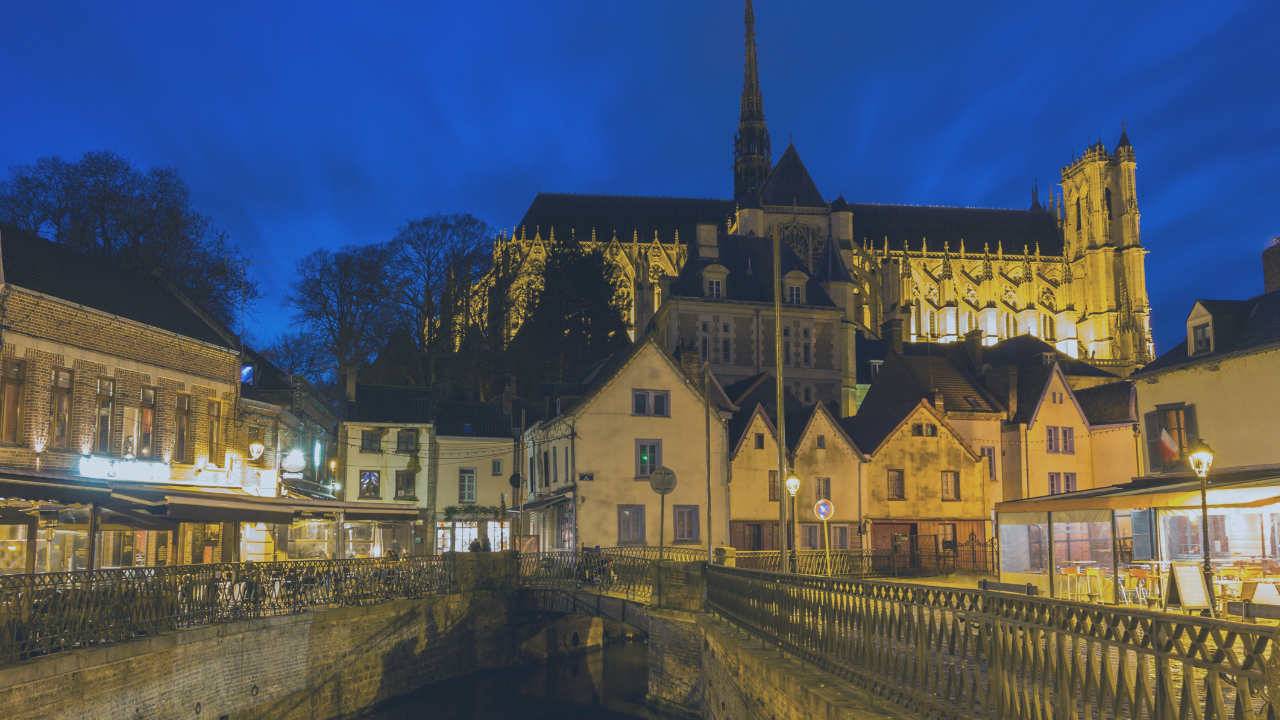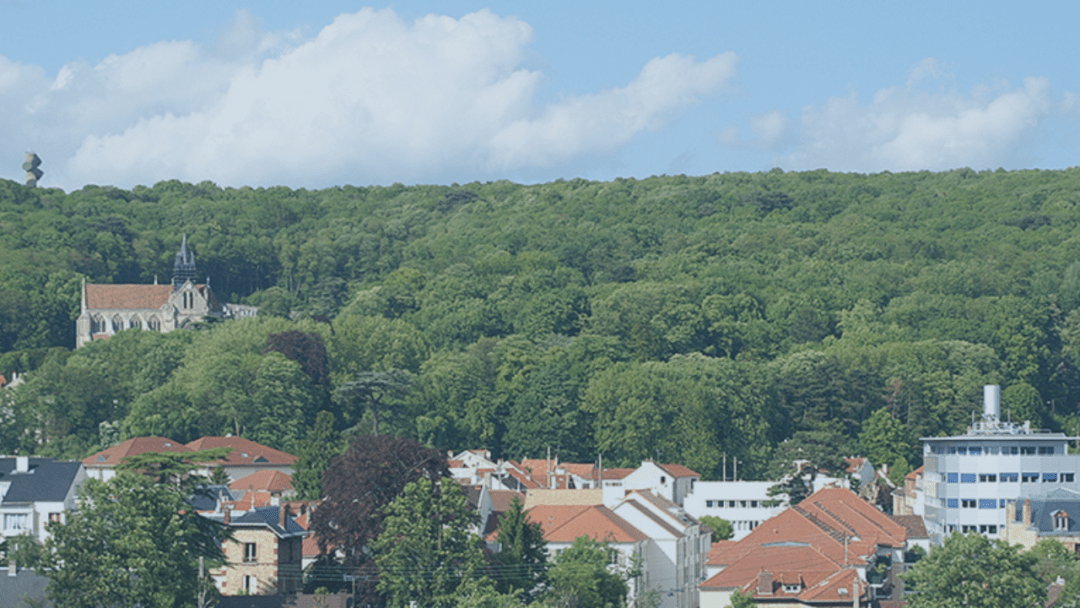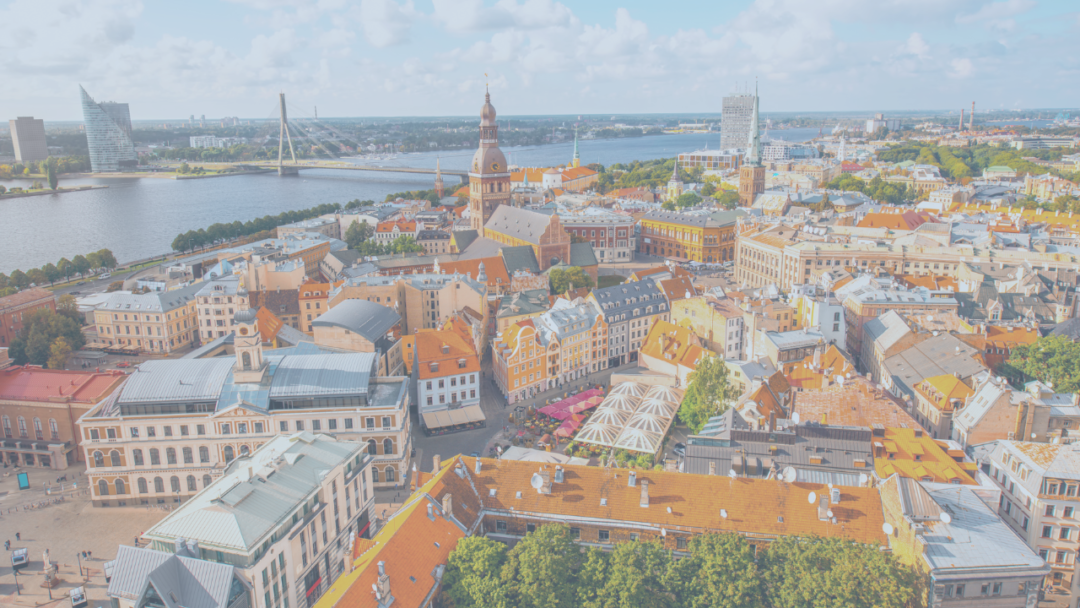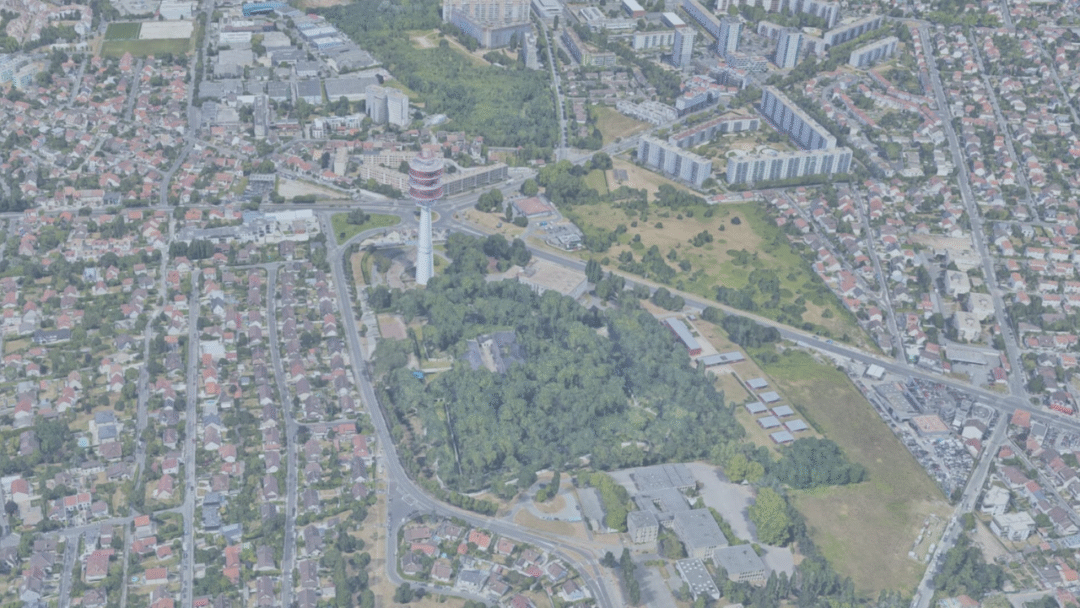General Information:
| Population: 134,780 (2022) |
| Country: France |
| Official Website |
The City and Efus
- Member since 2000
- Member of the Executive Committee since 2016

| Population: 134,780 (2022) |
| Country: France |
| Official Website |

General Information: Population : 27,025 (2021) Country: France Official Website The City and Efus

09 January 2017 – It is with great sadness that we announce the passing of Guilherme Pinto, on 8 January 2017. Mayor of Matosinhos (Portugal) and President of Efus…

General Information: Population: 591,882 (2025) Country: Latvijas Republika Official Website The City and Efus

General Information: Population: 18,295 (2022) Country: France Official Website The City and Efus